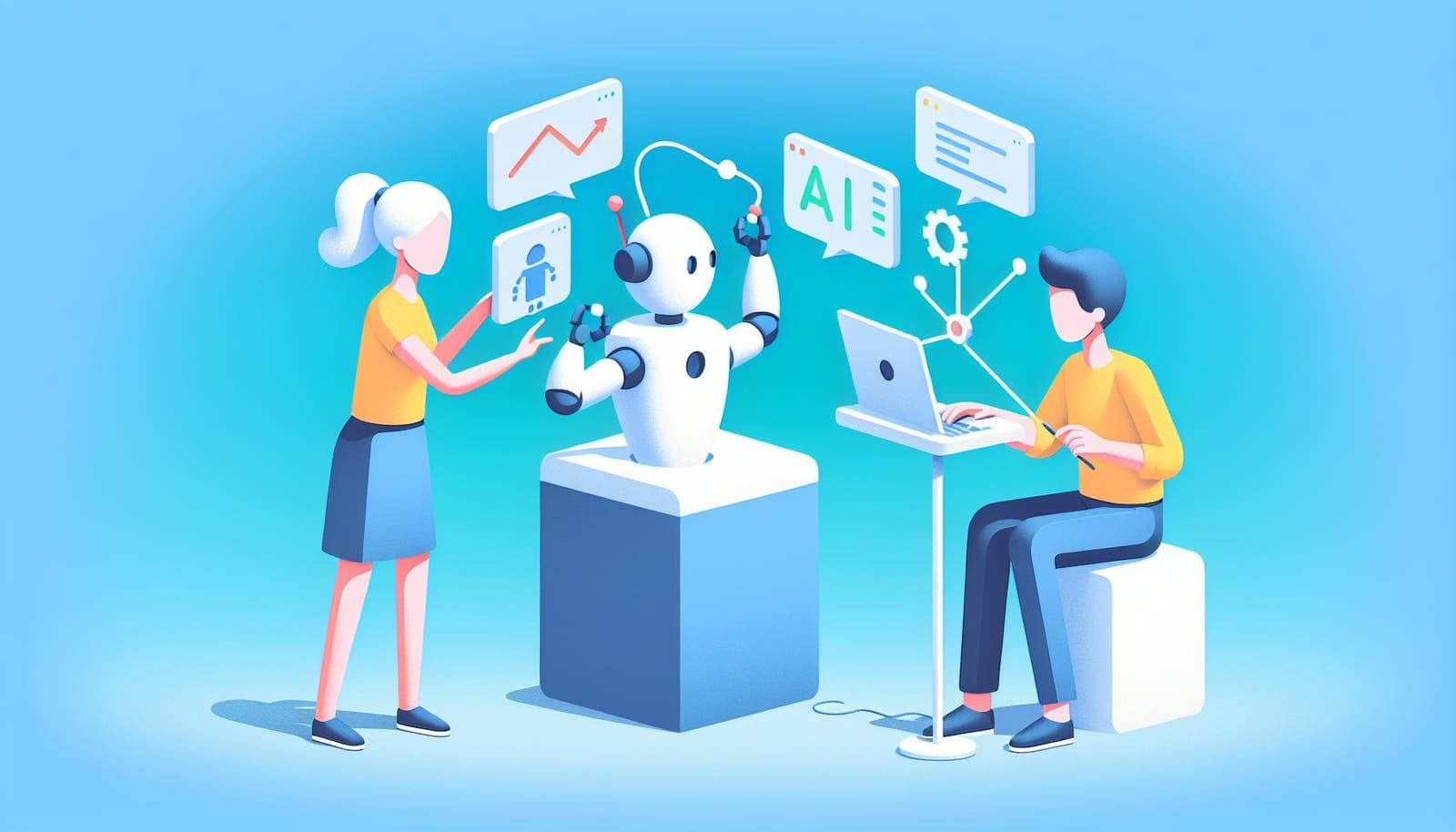Artificial Intelligence (AI) is a fascinating field that has the potential to shape our future in remarkable ways. But as we develop these intelligent systems, a pressing question arises: Can we make AI that reflects human values? This question is not just about technology; it touches on ethics, psychology, and our very understanding of what it means to be human. In this article, we will explore this complex topic in a way that is easy to understand for all ages.
Understanding AI: What Is It?
Before we dive into the nuances of aligning AI with human values, let’s first understand what AI is. Simply put, AI refers to computer systems that can perform tasks that typically require human intelligence. These tasks can include recognizing speech, understanding natural language, playing games, and even making decisions.
Imagine you have a robot that can play chess. This robot learns from thousands of chess games and can anticipate your moves. This is a simple example of AI in action. The more advanced AI systems learn from data and experiences, improving their performance over time, much like humans do.
The Importance of Human Values
Human values are the principles that guide our behavior and decision-making. They include empathy, fairness, kindness, and respect for others. As we integrate AI into our daily lives—think of virtual assistants like Siri or Alexa, autonomous vehicles, and even AI in healthcare—it's crucial that these systems reflect our values.
When AI does not align with our values, it can lead to unintended consequences. For example, if an AI system is trained on biased data, it might make unfair decisions, such as in hiring practices or law enforcement. Thus, ensuring that AI reflects human values is not just a philosophical question; it has real-world implications that can affect people's lives.
How Do We Align AI with Human Values?
Aligning AI with human values is a multifaceted challenge that involves several approaches:
1. Diverse Data Collection
One way to ensure AI reflects human values is to collect diverse and representative data. If we train AI systems on data that includes a wide range of perspectives and experiences, they are more likely to make fair and unbiased decisions.
2. Ethical Guidelines
Establishing ethical guidelines for AI development is essential. Organizations and governments are beginning to create frameworks that outline what is considered ethical behavior in AI. These guidelines can help developers make choices that promote human values.
3. Human Oversight
Having humans in the loop is another crucial step. While AI can analyze data and make decisions, having human oversight ensures that moral and ethical considerations are taken into account. This can be particularly important in sensitive areas like healthcare or criminal justice.
4. Transparency and Explainability
Making AI systems transparent and explainable allows users to understand how decisions are made. If we can see how an AI arrives at a conclusion, we can ensure that it aligns with our values. This transparency builds trust between humans and machines.
The Role of Education
Education plays a vital role in making sure that future AI systems reflect human values. By teaching students about ethics in technology, we can cultivate a generation of developers who are aware of the moral implications of their work. Educational institutions are starting to integrate AI and ethics into their curriculums, which is a positive step forward.
The Importance of Critical Thinking
Teaching critical thinking skills is also crucial. Students should learn to question how technology works and its impact on society. This empowers them to make informed decisions about technology as they grow older.
Real-World Examples
Several organizations and researchers are already working to create AI that reflects human values:
IBM’s AI Fairness 360: This is an open-source toolkit that helps detect and mitigate bias in machine learning models. It provides various algorithms to ensure fairness in AI.
Google’s AI Principles: Google has set out a set of principles to guide their AI development, emphasizing safety, fairness, and accountability.
OpenAI’s mission: OpenAI aims to ensure that artificial general intelligence (AGI) benefits all of humanity. This includes aligning AI with human values and ensuring it is used for good.
These initiatives show that aligning AI with human values is not just a dream but an ongoing reality.
Challenges Ahead
Despite the progress, numerous challenges remain. One of the biggest hurdles is the rapid pace of AI development, which can outstrip our ability to create regulations and ethical guidelines. Additionally, cultural differences can complicate the definition of “human values.” What one culture may see as a core value, another may view differently.
The Global Perspective
As AI technology spreads globally, we must consider how cultural differences influence the perception of values. For example, privacy is highly valued in many Western countries, while in other cultures, community and familial ties may take precedence. Creating AI that respects and reflects diverse values is essential.
The Future of AI and Human Values
The future of AI is bright, but it requires careful consideration of the values we want to reflect in these systems. As we continue to innovate, it is crucial to include diverse perspectives and maintain an ethical framework that prioritizes human welfare.
By focusing on education, transparency, and collaboration, we can create AI that not only enhances our lives but also aligns with the values we hold dear. It's an exciting journey ahead, one that has the potential to redefine what technology can do for humanity.
In conclusion, while the challenge of aligning AI with human values is significant, it is not insurmountable. With conscious effort and a commitment to our shared values, we can help shape a future where AI serves as a partner in our quest for a better world. So let’s embrace the possibilities while ensuring that technology nurtures the best of what it means to be human.
The question remains: how will you contribute to this exciting future?


